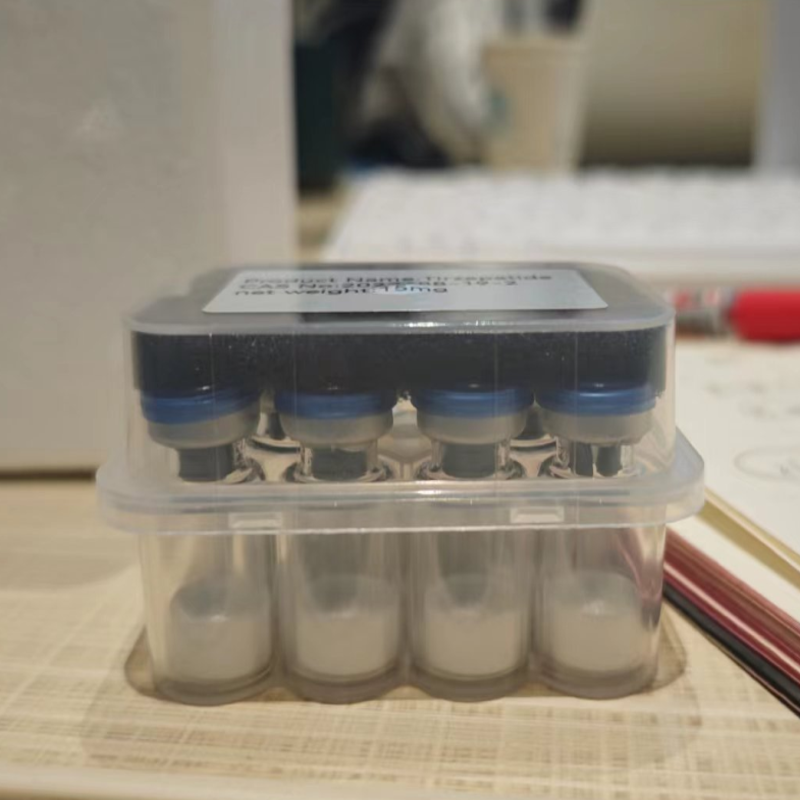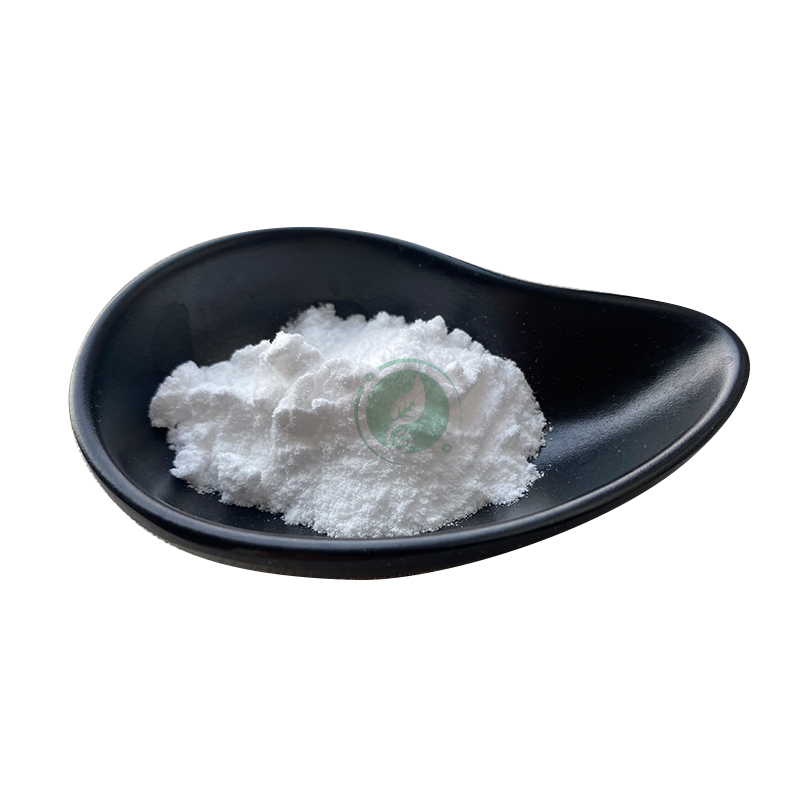Bayer reports results of key Phase 3 clinical trial in new drug darolutamide
-
Last Update: 2020-06-10
-
Source: Internet
-
Author: User
Search more information of high quality chemicals, good prices and reliable suppliers, visit
www.echemi.com
prostate cancer is the second most common malignant tumor in men worldwide and the fifth leading cause of cancer death in menrecently, Bayer(http://reported the results of its critical Phase 3 clinicaltrial(http:// in patients with non-metastatic resistance prostate cancer (nmCRPC) at the 2019 symposium onnew drug(http://darolutamidedarolutamide combined standard treatment significantly improved patients' non-metastatic survival, reducing the risk of cancer metastasis or death by 59%results were published in the New England Journal of Medicine (NEJM)about daroamide
The daroamide developed by Bayer is an tagline receptor antagonist that inhibits the growth of androgen receptor strains and prostate cancer cellsthe study
a clinical phase 3 trial called ARAMIS was a randomized, multicenter, double-blind, placebo-controlled trial that assessed the safety and effectiveness of oral darolutamide The 1,509 non-metastatic prostate cancer patients who participated in the trial were receiving standard treatment, androgen blocking therapy (ADT), and were at risk of cancer metastasis The primary endpoint of the trial was no metastatic lifetime (MFS), and the secondary endpoints included total survival (OS), pain progression time, time for first use of cytotoxic chemotherapy, time for the first appearance of asymptomatic bone events (SSEs), and safety and tolerance drug (http:// The results showed that the median no-metastasis in the darolutamide combined ADT treatment group was 40.4 months, 22 months higher than in the placebo plus ADT group Prior to the first mid-term analysis of the (http:// , the two-arm treatment group failed to meet the target at several secondary endpoints, but showed a trend in support of the use of darolutamide combined ADT therapy treatment-related adverse event incidence rates were comparable to those in the placebo plus ADT group
This article is an English version of an article which is originally in the Chinese language on echemi.com and is provided for information purposes only.
This website makes no representation or warranty of any kind, either expressed or implied, as to the accuracy, completeness ownership or reliability of
the article or any translations thereof. If you have any concerns or complaints relating to the article, please send an email, providing a detailed
description of the concern or complaint, to
service@echemi.com. A staff member will contact you within 5 working days. Once verified, infringing content
will be removed immediately.







